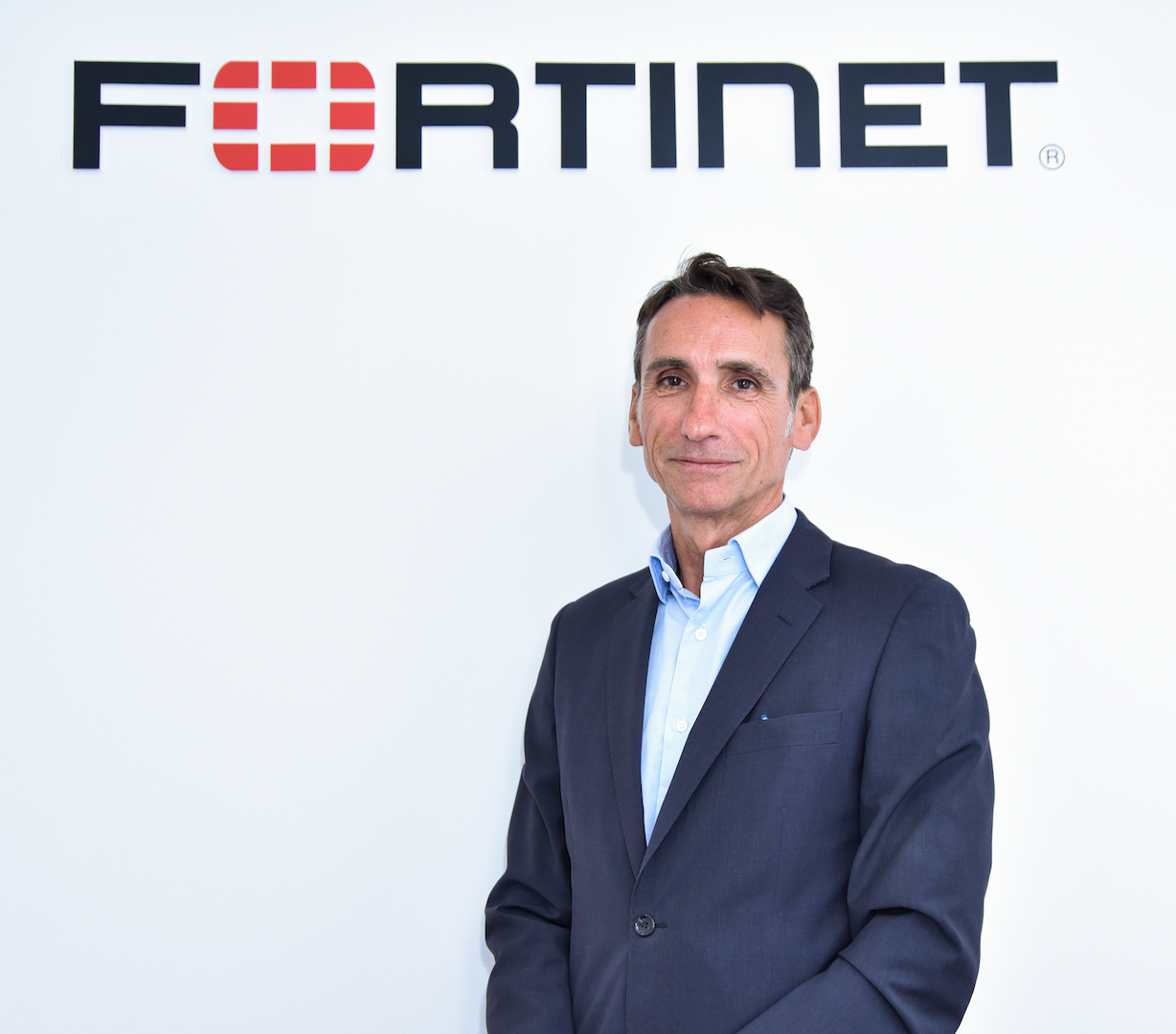How’s Fortinet tackling security concerns related to the remote workforce?
The ability to securely support a remote workforce is an essential component of any organization’s business continuity and disaster recovery plan. An organization may be incapable of sustaining normal operations onsite, due to a power outage or similar event, or illness or flooding may make it unsafe for employees to travel onsite. In these scenarios, an organization must be capable of supporting secure, remote connectivity to the corporate network. For over 400,000 Fortinet customers, their existing technology deployment already contains this functionality. FortiGate NGFWs have integrated support for IPsec VPNs, enabling secure connectivity for employees working from alternate work sites. The IPsec and SSL VPNs integrated into every FortiGate NGFW offer an extremely flexible deployment model. Remote workers can either take advantage of a clientless experience or gain access to additional features through a thick client built into the FortiClient endpoint security solution. FortiGate NGFWs and FortiAP wireless access points include zero-touch deployment functionality. Appliances deployed at remote sites can be pre-configured before they ship, allowing for automatic set up onsite, which ensures business continuity and support for telework.
Can your customers transition to a secure teleworker strategy with incremental costs?
We are helping our customers quickly transition to an effective and secure teleworker strategy without incremental costs. First of all, the Fortinet Security Fabric covers the remote worker scenario with three primary levels of connectivity and our FortiClient VPN solution is also available free of charge to ensure remote workers have fast and secure network access.
Are you offering any free tools or training?
During this time of transition, the need for cybersecurity awareness is more critical than ever, that’s why we have introduced a new, free of charge FortiGate Essentials Training Course designed to ensure that anyone looking to improve their cybersecurity skillsets has a way to advance their training from home. In this course, you will learn how to operate and administrate some fundamental FortiGate NGFW features in order to acquire a solid understanding of how to deploy and maintain a basic network security solution. Using self-paced guided recordings, the course covers how to enable users to remotely connect to the network in a secure way, how to use firewall policies, user authentication, routing, and SSL VPN. You will also learn how to protect users using web filtering and application control.
In addition, we have maintained a longstanding commitment to making everyone cyber aware through our cybersecurity awareness courses, NSE1 and NSE2, which are available free of charge to everyone online. These courses provide a basic understanding of today’s threat landscape, including common tricks and strategies used by cybercriminals, familiarity with essential cybersecurity concepts, and an introduction to critical security principles and technologies. The courses are also helpful in providing a baseline understanding of the threats we may face, especially now more than ever with more people accessing the internet from home.
Through our FortiGate Essentials training course and our cybersecurity awareness training courses, Fortinet is hoping to raise the bar for security awareness and skills across the board.
How’s Fortinet ensuring business continuity for itself and do you have a company-wide remote work policy?
Fortinet took proactive measures to ensure the health and safety of its employees. These include implementing a company-wide remote worker policy, as well as many other cautionary steps. The company continues to closely monitor the situation and take additional actions to support updated best practices and guidance from the U.S. Centers for Disease Control (CDC), the World Health Organization (WHO), and international and local health authorities in countries where we operate.










Discussion about this post